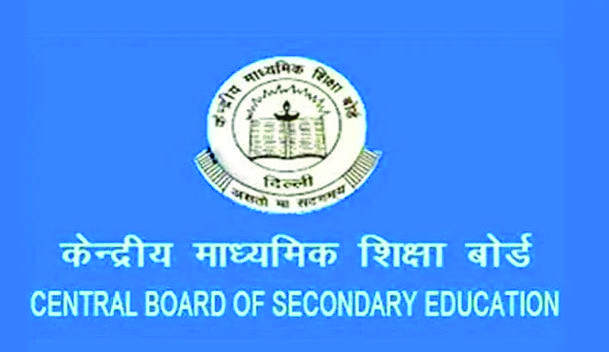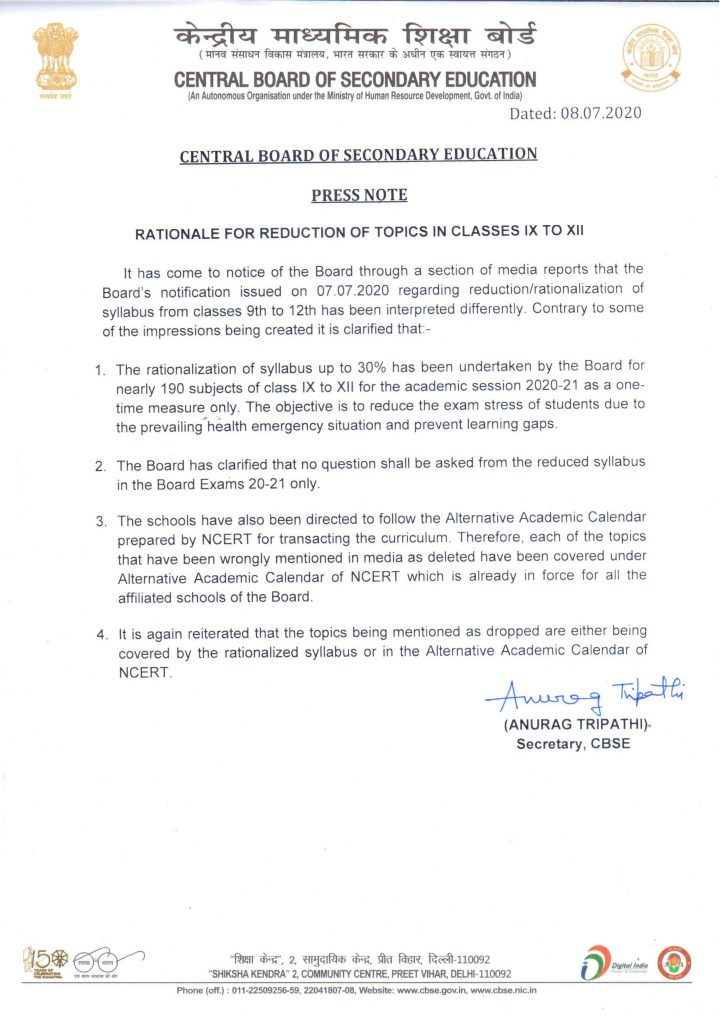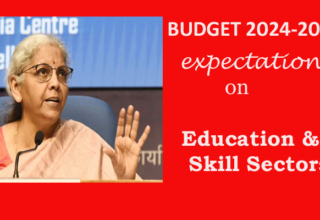
Following a communique on 30% reduction of syllabi by CBSE for secondary classes, media outlets picked up key deletions made in the political science that turn out to be related to the constitutional values and social ethos. A barrage of outrage and outpouring happened on social media platforms forcing the government and CBSE to clarify. The politics around the controversy has nevertheless added to the narrative of the present regime being insensitive to building a just, civic and inclusive society through school education.
On July 7, the union HRD ministry in a statement announced that CBSE has decided to rationalize syllabus up to 30% for classes IX-XII while retaining the core concepts during the academic session 2020-21, which has been badly hit by C19 pandemic. Stating that the Union Minister for HRD Ramesh Pokhriyal ‘Nishank’ had invited suggestions from all educationists on the reduction of syllabus on social media by using #SyllabusForStudents2020, the statement said that a reduction has made based on more than 1.5K suggestions finalised by the respective Course Committees with the approval of the Curriculum Committee and Governing Body of the Board.
“The Heads of Schools and Teachers have been advised by the Board to ensure that the topics that have been reduced are also explained to the students to the extent required to connect different topics. However the reduced syllabus will not be part of the topics for Internal Assessment and year-end Board Examination. Alternative Academic Calendar and inputs from the NCERT on transacting the curriculum using different strategies shall also be part of the teaching pedagogy in the affiliated schools,” the release said.
On close scrutiny It was found that the Central Board of Secondary Education (CBSE) has “completely deleted” chapters on federalism, citizenship, nationalism, and secularism from the political science curriculum of Class 11 for the academic year 2020-21. CBSE has carried out this exercise across 190 subjects but this kind of reduction in political science was considered by many as ill-advised and in contravention of constitutional values.
Former union MoS HRD, noted author and Congress MP, Shashi Tharoor while reacting to the news tweeted, https://twitter.com/ShashiTharoor/status/1280791313474940928
“So children of Std.X will no longer learn about ‘democracy &diversity’, ‘gender, religion &caste’, ‘popular struggles& movements’… Also dropped: ‘challenges to democracy’. Students of Stds. XI-XII, who are on the cusp of becoming voters themselves, will no longer learn lessons on ‘understanding Partition’, ‘nationalism& secularism’, or ‘India’s relationships with its Neighbours’. These are vital topics. One has to doubt the motives of those who selected the topics to drop. Have they decided democracy, diversity, secularism &the like are more dispensable concepts for tomorrow’s Indian citizens? I urge the Govt to rationalise the curriculum rather than strip it of civic values.”
He was joined by thousands in decrying the move by the CBSE and attributed it to ulterior motives of the Sangh Parivaar and the BJP. CPI (M) leader Sitaram Yechury in his tweet said that pandemic is being used to damage our future generations by removing all the foundational principles of the Indian Republic from the syllabus.
Forced to react, the ministry in a series of rebuttals in defense said that while it is easy to misconstrue exclusion of 3-4 topics like nationalism, local government, federalism, etc. and build a concocted narrative, a wider perusal of different subjects will show that this exclusion is happening across subjects. https://twitter.com/HRDMinistry/status/1281115396074946560
“#Education is our sacred duty towards our children. Let us leave politics out of #education and make our politics more educated.”
The CBSE in its clarification says the reduction was a one-time measure only. “The objective is to reduce exam stress of students due to prevailing health emergency situation and prevent learning gaps,” it said in a statement on July 8 while adding that the topics being mentioned or dropped are either being covered by rationalized syllabus or in the Alternative Academic Calendar of the NCERT. “No question shall be asked from the reduced syllabus in the (CBSE) Board exams 20-21 only, : the board said in its press note.

While this round of controversy has definitely brought the ideological divided in sharp focus, still a greater worry must be that both teachers and students are losing agency to influence any decision about education process. The near absent or secretive consultation process and commodification of education, is gradually making decisions on education look like soulless and exposed to limitations. Need is to rediscover the socio-political and developmental value of education and let it guide the process and the system.










